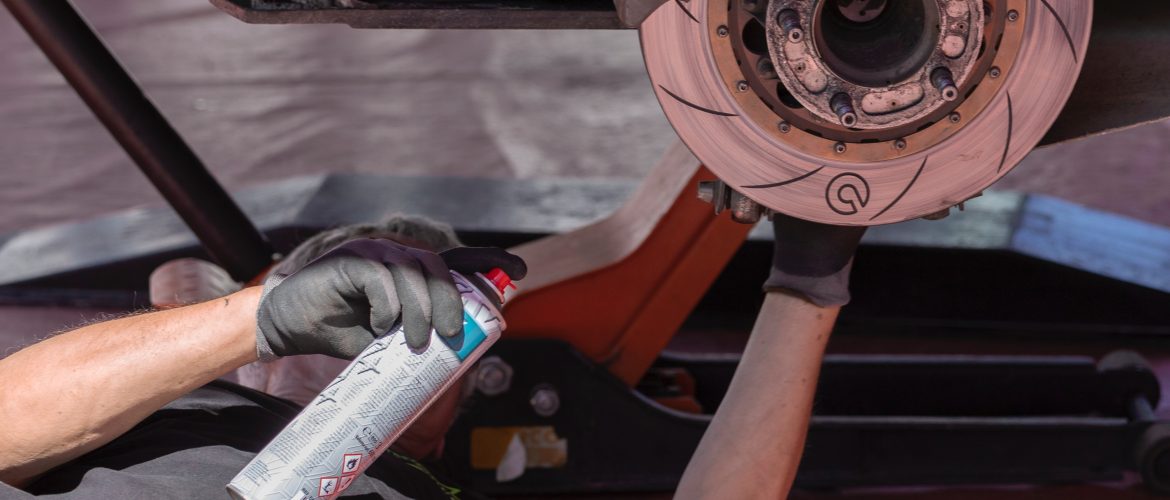Navigating the Brake Vocabulary
Being a car owner comes with its own set of responsibilities, one of which is understanding the basic language of vehicle maintenance and repair. This can often seem like a minefield of jargon, especially when it comes to brake repair. But fear not, let’s decode the most commonly used terms and concepts in brake repair.
Brake Pads and Rotors: The Dynamic Duo
Two of the most frequently used terms in brake repair are brake pads and rotors. The brake pads press against the rotors (also known as brake discs) when you apply the brakes, creating friction to slow down or stop your vehicle. Over time, these parts wear down and need to be replaced to ensure optimal braking performance.
Brake Fluid: The Lifeblood of Your Brakes
Brake fluid is an essential part of your vehicle’s hydraulic brake system. It transfers the force of your foot on the brake pedal to the brake pads and rotors. Over time, brake fluid can degrade or become contaminated, impacting brake performance. A regular brake fluid change is crucial to maintain a safe and efficient braking system.
Brake Lines and Hoses: The Conduits of Power
Brake lines and hoses are the conduits that carry brake fluid from the master cylinder to the brake calipers. If these lines get damaged or start leaking, it could lead to brake failure. Regular inspections can help detect potential issues before they become serious problems.
ABS: Advanced Braking Technology
ABS, or Anti-lock Braking System, is a safety feature that prevents the wheels from locking up (or skidding) while braking, allowing the driver to maintain steering control. If your ABS warning light comes on, it’s time for a visit to a brakes near me shop.
Understanding Wear and Tear
Brake parts wear down over time, but the rate of wear can vary depending on your driving habits, the type of vehicle, and the quality of the parts. Regular brake inspections can help identify normal wear and tear before it turns into a costly or dangerous problem.
Final Thoughts: Empowerment Through Knowledge
Understanding the language of brake repair may seem daunting, but it’s an essential skill for every car owner. It not only helps you communicate more effectively with your mechanic but also allows you to make informed decisions about your vehicle’s maintenance. After all, when it comes to your safety on the road, knowledge truly is power.


No comments yet.